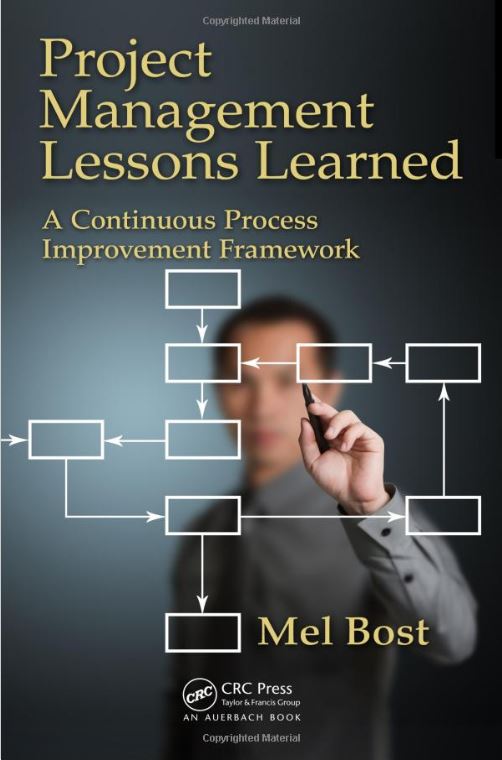Readers of this column should be very attuned to my use of “reframing” of issues in project management, whether it be with regard to defining Significant Events for Project Lessons Learned, or addressing issues in projects that can have interpretations that lead to decisions of real consequence with regard to outcomes. However, I have not spent too much time defining when and how a reframing takes place.
Let’s take a real life example to guide our thinking here. This example is from the Major League Baseball playoffs this past season. At one point, the New York Yankees were playing another team, and Mark Teixeira, the first baseman for NY, was on first base. Mark had suffered a calf injury late in the season that impacted his running, but he had returned to the team just before the playoffs. The announcers for the game speculated whether Mark would try to steal second base in this game. They concluded that the calf injury was such that Mark would be content to stay on first and let the batter hit the ball to advance him to second base. Prior to the next pitch, the first baseman was not holding Mark close to the bag so Mark took a big lead. When the pitcher came home with the pitch, Mark took off for second base and easily stole the base standing up. The announcers looked at each other puzzlingly because the action was contrary to their expressed thinking on the broadcast.
But a “reframing” of this situation in the game revealed that Mark’s action was just the action called for in this situation. First, the Yankees had not been hitting the ball well, or scoring runs in the playoff series. Second, the first baseman, in not holding Mark on first base, was really allowing him to take a larger than normal lead toward second. Third, the Yankees needed a run, and something to jump-start their momentum. When the announcers reflected on these additional facts about the situation, it seemed a natural thing for Mark to steal second base. As it turned out, the batter got a base-hit to the opposite field, and Mark scored a run from second base on the hit. The stolen base was really a smart play. The likelihood of him being thrown out at second was negated by the huge lead the first baseman allowed. The surprise move was just what the Yankees needed to get their scoring started in that game.
Sometimes, in situations like this, we are shortsighted in our evaluation of all the relevant facts in the situation. As a result, our decisions are based on limited inputs that we have chosen to use based on the defined situation. However, as in the case with Mark Teixeira and the stolen base, a more complete look at the relevant facts to the situation revealed some options we might not have thought of.
In your project work, how often do you take a second look at the relevant facts in a situation before making a decision and proceeding with the action defined? Perhaps the right thing to do would be to get some additional input from those around you who see the same project but perhaps with a different “perspective.”
That’s what I am advocating for you right now. Take a close look at all the relevant facts before making that decision. It is not always possible to see all the relevant facts in the situation or they may be obscured by the actions of others around you. But “reframing” remains a powerful way to present to yourself or to others “options” in strategy that may lead to very successful outcomes. It’s your call.

Leave a Reply